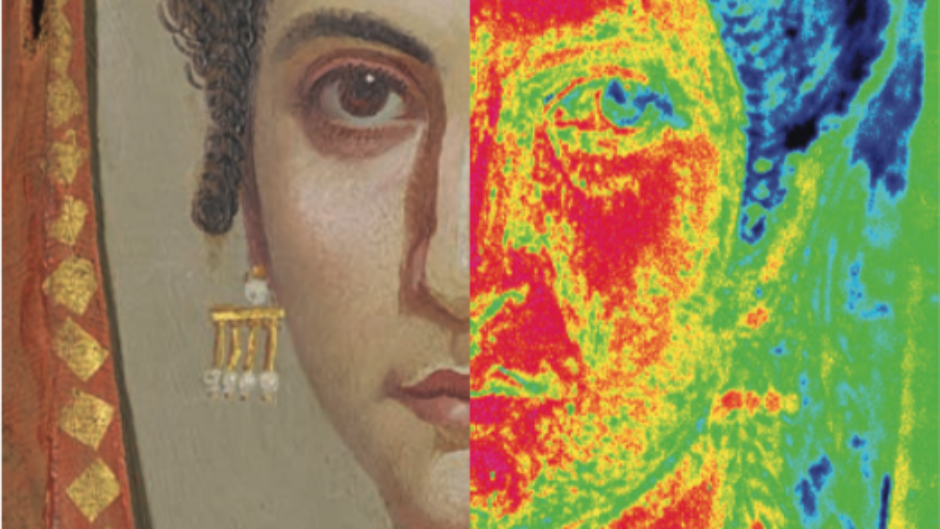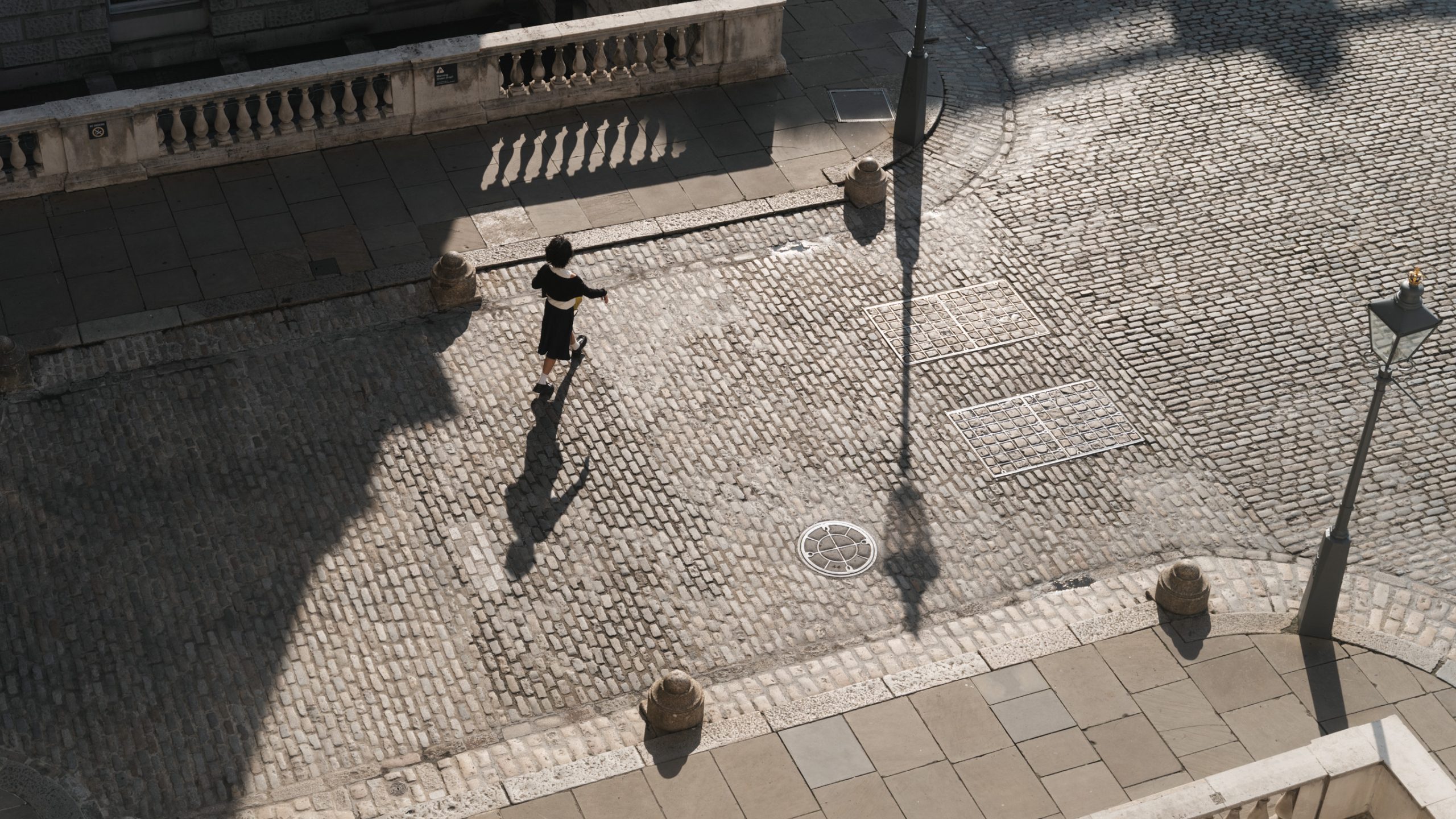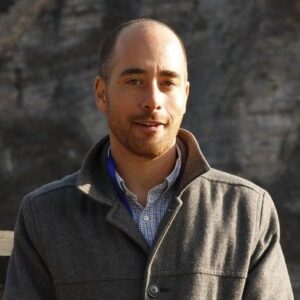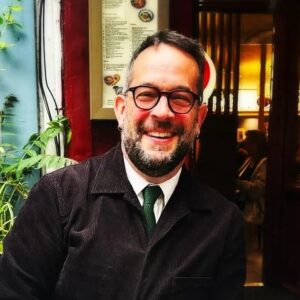This lecture series presented work from leading researchers who use digital methods in art history and technical art history/conservation to think in new ways about our disciplines. It explores how the digital and computational can be used to advance research and teaching at the Courtauld and in the field, and how new forms of data and digital methods are changing the questions art historians and conservators are asking by casting methodological and ethical concerns in a new light. Finally, it will highlight questions of issues of equity, access, collaboration, and community building that are raised through the often disparate networks of DAH, and which are also broader concerns of teaching and research in the contemporary university.
Many assume that the digital is somehow oppositional to the material, and that digital approaches risk alienating us from the objects of our enquiries. As such, The Courtauld, with its venerable tradition of materially-oriented scholarship, may seem like an odd fit for digital methodologies. This series will explore how the digital changes our relationship to the object—indeed, how it estranges us from the object in the literal sense of the word, making it once again strange or new, thereby opening new paths of enquiry to the researcher. With its true strengths in Conservation and innovative art history, the Courtauld is uniquely well-positioned to stage a discussion about forms of close looking and engagement enabled by the digital, often in very nuanced relationship with more “traditional” methodological approaches.









